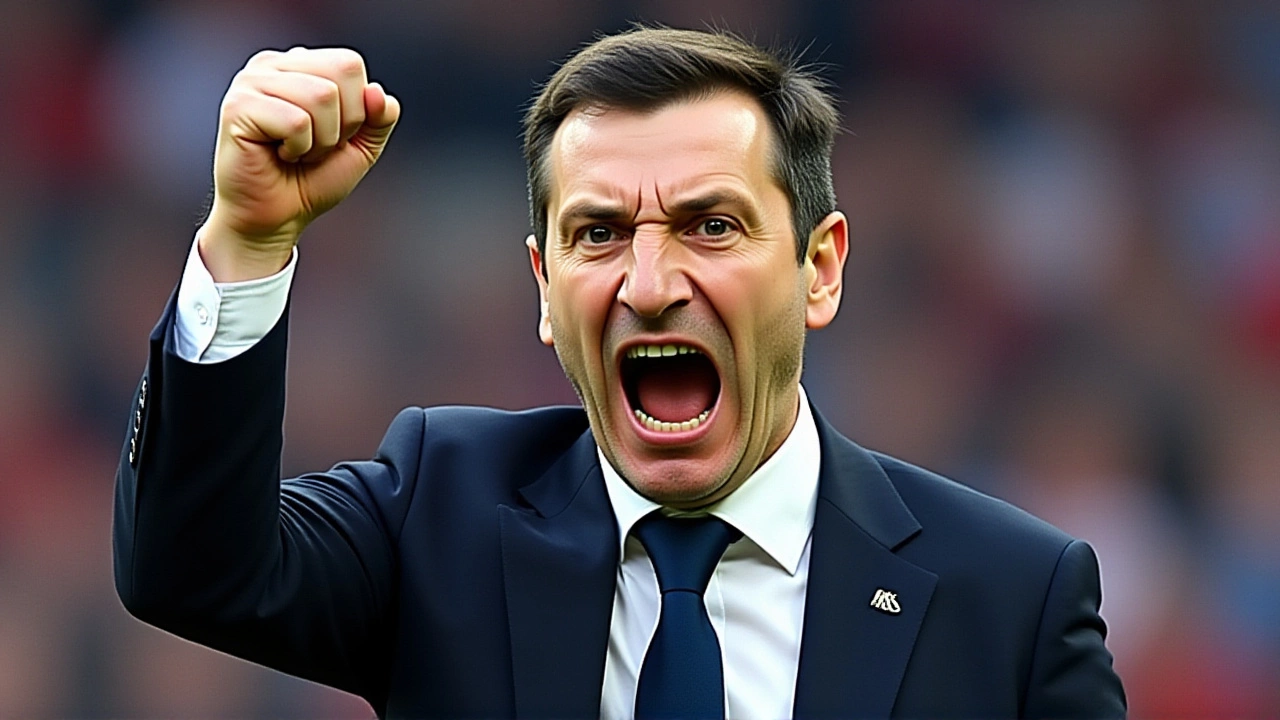Javi Gracia – What Sports Leaders Can Teach Motorsports
When talking about Javi Gracia, a Spanish football manager celebrated for reshaping team performance through adaptable tactics. Also known as Jesús "Javi" Gracia, he brings a fresh perspective on how a manager’s mindset can fuel success on any high‑speed arena.
In the world of Motorsports, competitive racing that blends engineering, driver skill, and split‑second decisions, the same principles of preparation and adaptation apply. Javi Gracia’s focus on flexible game plans mirrors the way racing teams tweak setups for every circuit. This link between football strategy and race‑track tactics creates a clear semantic triple: Javi Gracia utilizes team strategy similar to motorsports, motorsports demands precise driver coaching, and driver coaching enhances overall performance.
Team Strategy: From the Locker Room to the Pit Lane
Effective Team Strategy, the coordinated plan that aligns players or drivers toward a common goal is the backbone of any victory. Gracia’s habit of analyzing opponent patterns and adjusting formations is echoed in how race engineers alter aerodynamics, tyre choices, and fuel loads to match track conditions. When a manager reads a game’s flow, a racing crew reads data streams. Both scenarios require quick interpretation, decisive changes, and clear communication—key attributes that bridge the two sports.
Another vital element is Driver Coaching, the mentorship process that hones a driver’s technique, confidence, and racecraft. Gracia’s one‑on‑one sessions with players on positioning and decision‑making are comparable to a racing coach working with a driver on braking points or overtaking lines. This relationship underscores another semantic triple: driver coaching influences race performance, race performance feeds back into team strategy, and team strategy shapes future coaching approaches.
Beyond the tactics, Racing Management, the oversight of logistics, budgeting, and personnel that keeps a motorsport operation running benefits from Gracia’s knack for morale building. He often talks about creating a culture where every squad member feels valued—a principle that translates directly to pit crews and engineering teams. When morale is high, error rates drop, pit stops become faster, and the whole organization moves as a unit.
Gracia also champions the idea of “learning from loss.” In football, a defeat triggers video analysis and tactical revisions; in motorsports, a crash prompts data review and setup tweaks. This continuous improvement loop creates a third semantic triple: loss initiates analysis, analysis drives adjustment, adjustment fuels future success.
For fans who enjoy dissecting race weekends, the crossover offers fresh angles. Watching a Grand Prix, you can now spot moments where a team’s strategic call echoes a mid‑season managerial shift in football. Similarly, reading about Gracia’s emphasis on adaptability helps you appreciate why a team might gamble on a tyre change under green‑flag conditions. The synergy between the two worlds enriches the viewing experience and deepens your understanding of competitive dynamics.
Below you’ll find a curated collection of articles that dive into these themes—ranging from how engineering breakthroughs affect driver coaching to the art of building winning cultures in both football and racing. Whether you’re chasing the latest F1 analysis or looking for leadership tips from the sidelines, the posts ahead will give you practical insights and real‑world examples that tie back to Javi Gracia’s approach.
